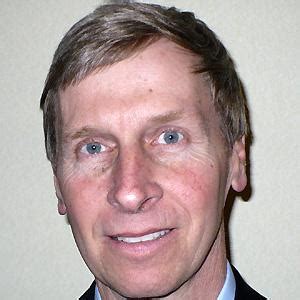A Quote by John Lancaster Spalding
If a state should pass laws forbidding its citizens to become wise and holy, it would be made a byword for all time. But this, in effect, is what our commercial, social, and political systems do. They compel the sacrifice of mental and moral power to money and dissipation.
Related Quotes
It is unfortunately none too well understood that, just as the State has no money of its own, so it has no power of its own. All the power it has is what society gives it, plus what it confiscates from time to time on one pretext or another, there is no other source from which State power can be drawn. Therefore every assumption of State power, whether by gift or seizure leaves society with so much less power; there is never, nor can be, any strengthening of State power without a corresponding and roughly equivalent depletion of social power.
Venezuela, Ecuador, Bolivia, and Nicaragua have made a tremendous leap just by rejecting the neoliberal adjustment policies, they are making a statement from the social perspective. Capital in these cases has not been protected in any way which along with non - interference of the state is what neo liberalism stands for. It has gone the other way around; they have looked for social policies from the political movements and then when they have acquired the power of those political movements they have become in charge of the State.
Virtue is as little to be acquired by learning as genius; nay, the idea is barren, and is only to be employed as an instrument, in the same way as genius in respect to art. It would be as foolish to expect that our moral and ethical systems would turn out virtuous, noble, and holy beings, as that our aesthetic systems would produce poets, painters, and musicians.
It is not wise for us to permit a few people on the Federal Reserve Board to have life and death power over our economy. My recommendation for reducing some of that power is to repeal legal tender laws and eliminate all taxes on gold, silver and platinum transactions. That way there would be money substitutes and the government money monopoly would be reduced and hence the ability to tax - some people would say steal from - us through inflation.
I regard the state of which I am a citizen as a public utility, like the organization that supplies me with water, gas, and electricity. I feel that it is my civic duty to pay my taxes as well as my other bills, and that it is my moral duty to make an honest declaration of my income to the income tax authorities. But I do not feel that I and my fellow citizens have a religious duty to sacrifice our lives in war on behalf of our own state, and, a fortiori, I do not feel that we have an obligation or a right to kill and maim citizens of other states or to devastate their land.
We should tell ourselves once and for all that it is the first duty of the soul to become as happy, complete, independent, and great as lies in its power. To this end we may sacrifice even the passion for sacrifice, for sacrifice never should be the means of ennoblement, but only the sign of being ennobled.
Whether moral and social phenomena are really exceptions to the general certainty and uniformity of the course of nature; and how far the methods, by which so many of the laws of the physical world have been numbered among truths irrevocably acquired and universally assented to, can be made instrumental to the gradual formation of a similar body of received doctrine in moral and political science.



































